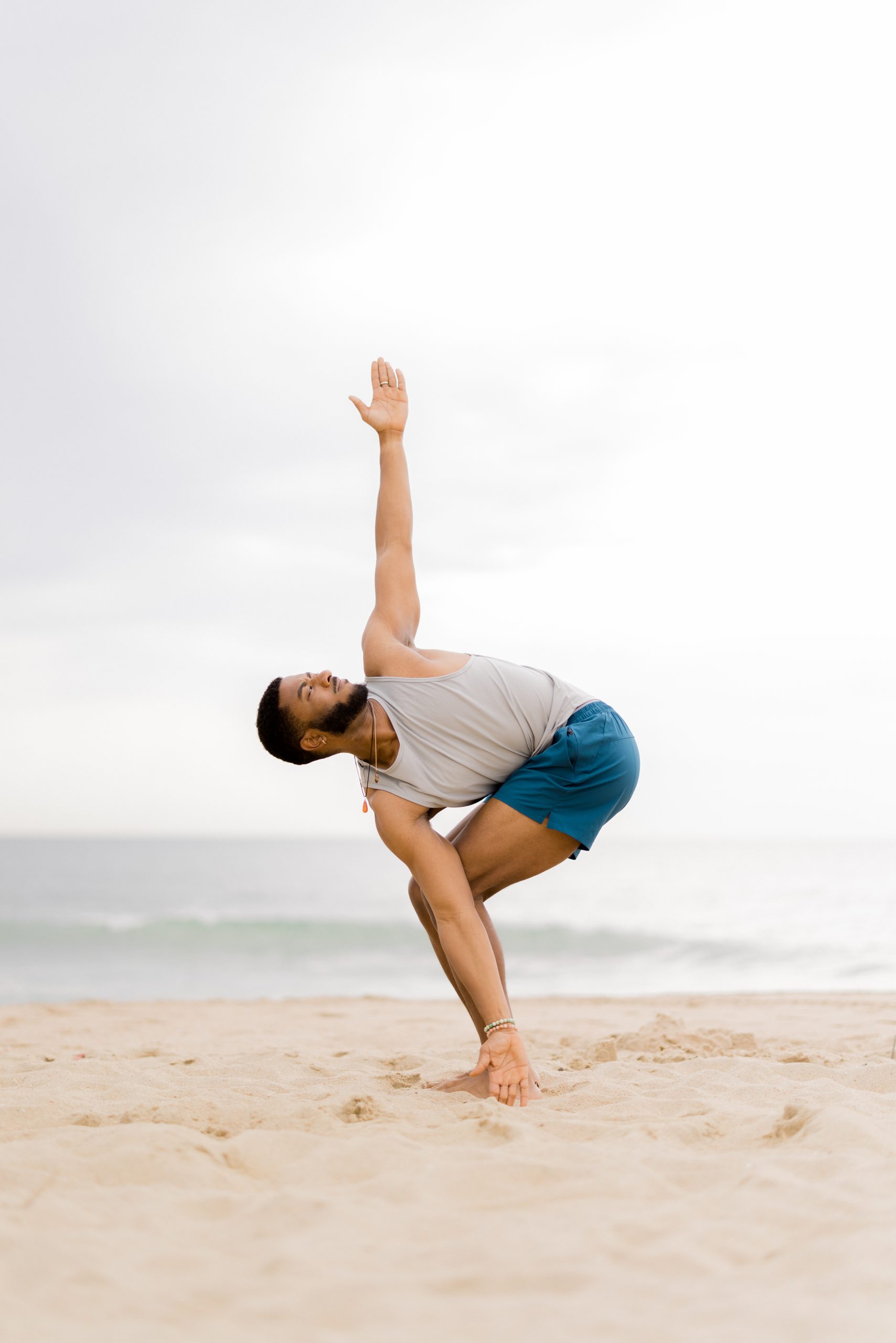
Juneteenth, celebrated on June 19th, marks the emancipation of the last remaining enslaved African Americans in the United States. This significant day in American history is a time for reflection, education, and celebration of freedom and African American culture. One meaningful way to honor Juneteenth is through the practice of yoga, which can offer both physical and mental benefits while providing an opportunity for mindful reflection on the past and present.
The Significance of Juneteenth
Juneteenth, also known as Freedom Day or Emancipation Day, commemorates the moment in 1865 when Union soldiers arrived in Galveston, Texas, to announce the end of the Civil War and the abolition of slavery, more than two years after President Lincoln’s Emancipation Proclamation. This day serves as a powerful reminder of the struggles and triumphs of African Americans throughout history.
Why Yoga?
Yoga is a holistic practice that integrates the mind, body, and spirit. It offers numerous benefits, including stress relief, improved flexibility, and enhanced mental clarity. Practicing yoga on Juneteenth can be a profound way to connect with the day’s themes of liberation, resilience, and inner peace.
How to Incorporate Yoga into Your Juneteenth Celebration
- Start with Intention: Begin your yoga session with a moment of silence or a brief meditation. Reflect on the significance of Juneteenth and set an intention for your practice. This could be a personal goal, a thought of gratitude, or a dedication to those who fought for freedom.
- Choose Inclusive and Diverse Practices: Support and participate in yoga classes led by Black instructors or those that emphasize inclusivity and cultural awareness. This not only enriches your practice but also supports the diverse community within the yoga world.
- Focus on Poses that Promote Reflection and Strength:
- Mountain Pose (Tadasana): A grounding pose that encourages stability and presence.
- Warrior Poses (Virabhadrasana I, II, and III): These poses symbolize strength, resilience, and inner warrior spirit.
- Child’s Pose (Balasana): A resting pose that allows for deep reflection and relaxation.
- Incorporate Breathwork and Meditation: Breathing exercises, such as deep diaphragmatic breathing or alternate nostril breathing, can enhance your mental clarity and bring a sense of calm. Guided meditations focusing on themes of freedom, resilience, and unity can deepen your connection to Juneteenth.
- End with Gratitude: Conclude your practice with a moment of gratitude. Acknowledge the progress made since Juneteenth and honor the continued fight for equality and justice.
Supporting the Black Community
In addition to practicing yoga, consider supporting Black-owned businesses, artists, and organizations. This could involve attending Juneteenth events, donating to causes that promote racial equity, or educating yourself and others about African American history and culture.
Honoring Juneteenth Through Yoga
Honoring Juneteenth through the practice of yoga provides a unique opportunity to reflect on the significance of this historic day while fostering a sense of peace, resilience, and community. By incorporating intention, mindful poses, and breathwork, you can create a meaningful and inclusive yoga practice that celebrates freedom and supports the ongoing journey towards equality.
By practicing yoga with intention and mindfulness on Juneteenth, we can honor the past, embrace the present, and contribute to a future rooted in unity and freedom.




